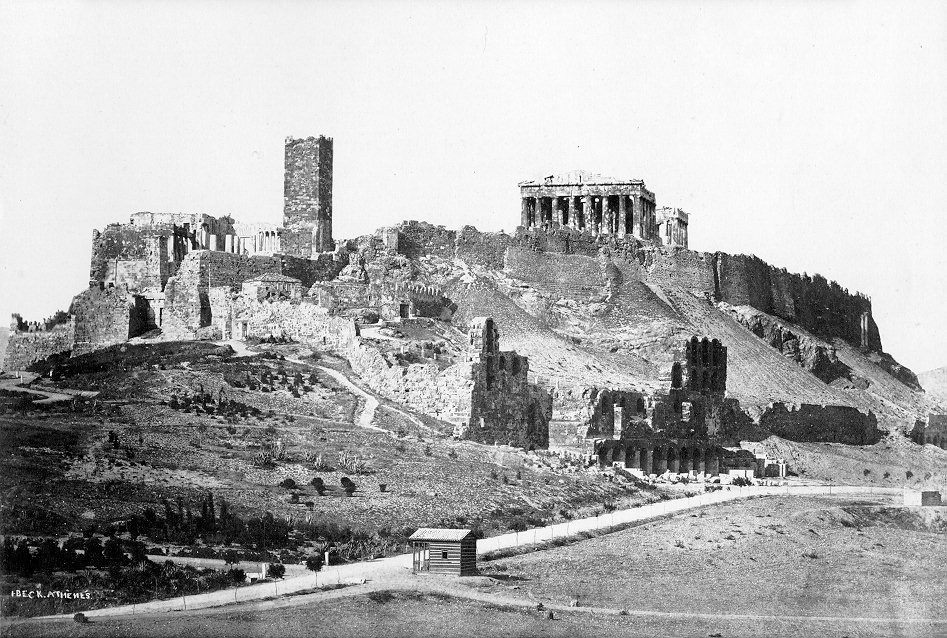It’s kinda guess work, but this is my thinking on the topic.
Musics of adjoining regions have a family resemblance. German music and Greek music don’t have a lot in common. But German music has things in common with Czech music, which has things in common with Hungarian, which has things in common with Romanian, which has things in common with Serbian, which things in common with Greek music. (I don’t actually know this for a fact, I’m just arguing it.)
Greek music isn’t being exported to China, Thailand, and Kenya. It’s being exported to areas where there is cultural affinity for the music, where it sounds familiar, because those are neighbouring areas which have had cultural interaction.
And the music being exported successfully isn’t Greek Euro-pop. It’s music from the Greek Laïko tradition: what I usually call on Quora “bouzouki pop”. Laiko ultimately derives from Rebetiko, which ultimately derives from Smyrneiko—as Wikipedia describes it, “Ottoman café music”. The Peiraeus sound of Markos Vamvakaris in the 1930s was Smyrneiko with subtle Western influences, both in the jaunty beat and in the selection of modes. Government censorship after 1936 encouraged less oriental-sounding modes; and Laiko itself is Rebetiko with much more overt Western influence.
In other words, the Greek pop music being successfully exported is a fusion: it’s identifiably Levantine, but it also sounds much more Western than its antecedents. Fusions, I surmise, are more approachable to external audiences, so they travel better.
The big story that Evangelos Lolos’ formulation of the question misses (I asked it, but he asked it first as a comment) is Israel. Greek music is huge in Israel.
Members of the Anglosphere might be puzzled to hear this, because their understanding of Jewish culture is mainly Ashkenazi, and Ashkenazi music is supposed to be Klezmer, it’s not supposed to sound Middle Eastern or Turkish. Or Greek.
To which, two retorts. First, Israel is not just Ashkenazi. It’s also Sephardi and Mizrahi. And both are Levantine, and as a result have significant cultural affinity with Greek music.
The second retort is a thought experiment. What happens if you take a Greek modal, quick, whirling folk dance tune—and you put a Germanic oom-pah bass underneath it?
Nikos Skalkottas. 36 Greek Dances. #11: Syrtos.
Tell me if that doesn’t sound Yiddishe to you.
If that doesn’t work, see here:
